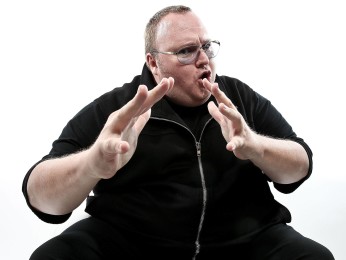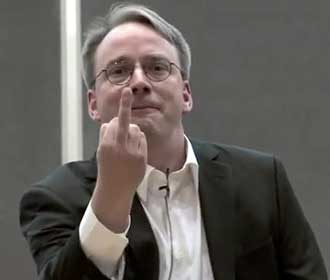 Kim Dotcom’s US lawyer has denied that a guilty plea by one of the Megaupload’s former employees could cause his case to collapse.
Kim Dotcom’s US lawyer has denied that a guilty plea by one of the Megaupload’s former employees could cause his case to collapse.
Andrus Nomm did a deal with prosecutors where he was sentenced to a year in jail after pleading guilty to conspiracy to commit copyright infringement while working for the now defunct file-sharing site.
The US is trying to extradite Mr Dotcom, who founded Megaupload, from New Zealand to stand trial.
Nomm, a 36-year-old Estonian citizen, agreed to the movie studio’s estimate of $400m of harm to copyright owners as part of the deal.
Also as part of the deal Nomm had acknowledged that through his work as a computer programmer for Megaupload, he had become aware of copyright-infringing material being stored on its sites, including films and TV shows that had contained FBI anti-piracy warnings.
Assistant attorney general Leslie Caldwell said that the conviction was a significant step forward in the largest criminal copyright case in US history.
Dotcom has long maintained that he had not encouraged users to upload pirated material, and has said he cannot be held responsible for what others had stored on his service.
He said that he had no grudge against Nomm, saying that he had nothing but compassion and understanding for Andrus Nomm and I hope he will soon be reunited with his son.
In an interview with Radio New Zealand, Mr Dotcom’s lawyer attempted to play down the significance of the latest development.
Nomm was interested in just getting one year and being done with this, essentially he lost on procedure rather than merit. It looked more like a scripted guilty plea that was more of a Hollywood public relations stunt.
He thought it strange that Nomm pleaded guilty as Nomm was involved particularly in video streaming which was not a copyright crime in the United States.
He also said as part of his plea bargain that no filtering was going on, but the failure to filter was at most a civil and not a criminal issue.
The issue as to whether all this case is civil and not criminal appears to be at the heart of Dotcom’s defence. If the movie studios can convince the US government that its civil cases are criminal conspiracies then it can use government-funded police as private security guards and lock people up rather than suing for damages.
An extradition hearing for Mr Dotcom and three of the other accused is scheduled to take place in Auckland in June.







